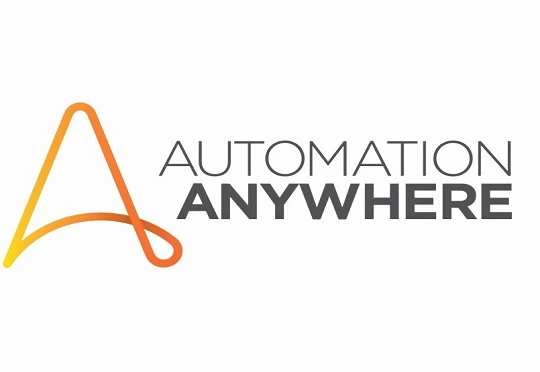
Areas of expertise
About
Automation Anywhere
Automation Anywhere is the leader in Robotic Process Automation (RPA). It provides a platform on whichorganizations build world-class Intelligent Digital Workforces. Automation Anywhere’s enterprise-grade platform uses software bots that work side by side with people to do much of the repetitive work in many industries. It combines sophisticated RPA, cognitive and embedded analytic technologies.
Over 2,000 organizations use this AI-enabled solution to manage and scale business processes faster, with near-zero error rates, while dramatically reducing operational costs. Automation Anywhere provides automationtechnology to leading financial services, insurance, healthcare, technology, manufacturing, telecom and logistics companies globally. For additional information, visit www.automationanywhere.com.
Industry Gurus

Sandeep Raut

Jonathan Reichental

Ian Moyse
Recommended content
Mastering Manufacturing Complexity: Digital Thread Strategies for AI and Customisation
Why Personalised Outreach Matters in Data-Driven Enterprises

The Compliance Conundrum in the Cloud Era: Governance and Adapting to Regulatory Volatility
Automate compliance. Strengthen resilience.
Get the new EM360Tech report on cloud and hybrid compliance. Learn how to replace manual audits with continuous assurance, automate evidence collection, and govern controls with confidence in a volatile regulatory landscape.
- Why manual compliance can’t keep up
- How automation transforms assurance and reporting
- Practical governance models for automated controls
- Managing data sovereignty across jurisdictions
- Strategies for adapting to regulatory change
Get the new EM360Tech report on cloud and hybrid compliance. Learn how to replace manual audits with continuous assurance, automate evidence collection, and govern controls with confidence in a volatile regulatory landscape.
- Why manual compliance can’t keep up
- How automation transforms assurance and reporting
- Practical governance models for automated controls
- Managing data sovereignty across jurisdictions
- Strategies for adapting to regulatory change


